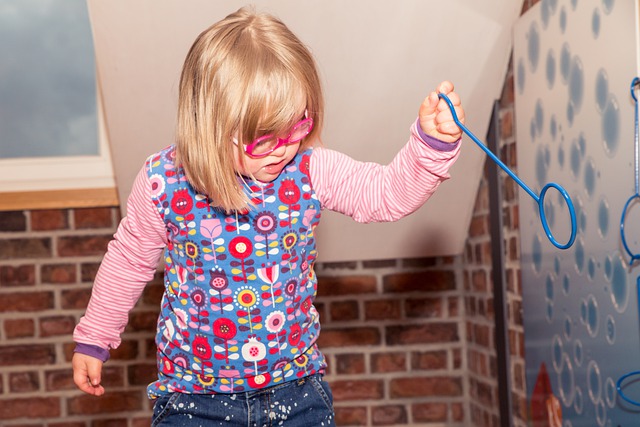What do I need to know if I want to work with children? We explore the answers to this question, here…
Working with children can be incredibly rewarding, and is very much considered to be a vocation rather than a career. While you may be passionate about children, there are some requirements if you want to turn that passion into a job.
For starters, there are some legalities involved, including whether your record shows any previous incidents with children. In some cases, the CPS can drop the charges against you, but this isn’t always the case, so these checks need to be made. This isn’t all though, which is where this article should come in handy.
In this article, we’ll take you through the requirements you’ll need when looking for a job with kids. Read on for more…
Which Jobs Involve Working with Children?
There are a number of jobs in which you can work with children and, some of these are:
Teaching

Becoming a teacher allows you to inspire young people while preparing them for the working world. Teaching positions can include pre-school, primary school and high school positions, as well as specialist roles such as music, sport and art. Teaching jobs can be found through specialist agencies or through UK Government sites.
Childminding
In the role of a childminder, you will be taking care of children within your own home, usually, while the parents are working. Children will generally be dropped off at your home in the morning and collected in the late afternoon.
Nanny / Au Pair
A nanny or au pair is a full-time childminder who will usually work for one family and will often live at the family’s residence. While you will enjoy benefits such as free accommodation and holidays with the family, you will often find yourself ‘on call’ and working a considerable number of hours each day.
Carer

This involves working with children with special needs. This specialist position involves providing company and care on a daily/nightly basis and usually requires specialist training.
What Are the Requirements for Working with Children?
There are some strict rules and regulations for those who work with children and, in this section, we’ll explore what these are:
The legal stuff
Following the introduction of the Safeguarding Vulnerable Groups Act 2006, anybody who works with children and young people is subject to a DBS check. A DBS (Disclosure and Barring Service) check will be performed by your potential employer when you apply for a job working with children.
These checks are designed to ensure the safety of children and vulnerable people and will reveal any criminal history that you may have. The DBS check will reveal details of all of your spent and unspent convictions, as well as reprimands, cautions and final warnings, which the police may have on record for you.
Depending on the role that you are applying for, having a criminal record may not necessarily prevent you from getting a job working with children – particularly if the charges against you were minor. In some cases, the CPS can drop charges against you – if you wish to pursue this option, you’ll need to arm yourself with a great solicitor to help you fight your case.
Before applying for a job working with kids, it’s a good idea to run a DBS check on yourself first. This way, you’ll know exactly what your potential employer will be seeing, and can take action if there are any errors in the report.
Do I Need Qualifications to Work with Children?
While some jobs working with children do require qualifications, others do not, for example:
- Teacher: in the UK, you need to gain Qualified Teacher Status (QTS) in order to become a teacher and, in most cases, you will also be required to hold a Degree, BEd or BSc / BA. Some teaching positions will also require specialist qualifications, for example, a maths qualification if you want to teach mathematics at high school level.
- Teaching Assistant: in most cases, a GCSE level education is all that’s required to become a teaching assistant in the UK.
- Childminder: you don’t need official qualifications to become a childminder, however, you do need to register with the correct authority before you can start working.
- Nanny: there are no legal requirements in terms of qualifications, however, most parents will prefer candidates who have some experience of working with children.
- Carer: you’ll usually need a Level 3 NVQ qualification in order to work with children with special needs, as well as infinite patience and, in some cases, physical strength.
Think You Have What it Takes to Work with Children?
If you’re pursuing a role working with children, it’s not enough to just have a love of kids. Working with children can be extremely challenging and requires an endless supply of patience and empathy while sometimes working long hours.
As we’ve highlighted in this article, you may also need some specialist qualifications, depending on the role that you’re applying for. You’ll also need to be aware of which positions are unavailable to those who have a criminal record so that you’re not applying for jobs for which you are not eligible.
While you may be able to work with children with a minor conviction, such as speeding points on your driving license, if your criminal history includes more serious offences, you may be out of luck. If in doubt, always gain a copy of your DBS certificate and, if necessary, hire the services of a good solicitor to help you figure out what can be done to improve your chances of working with children in the future.
